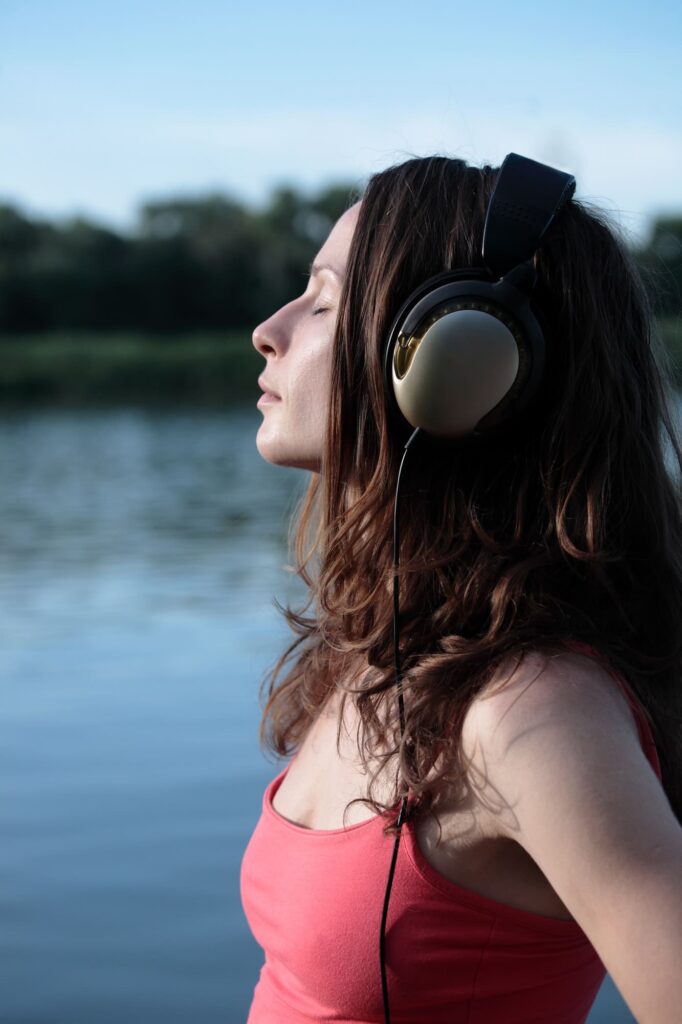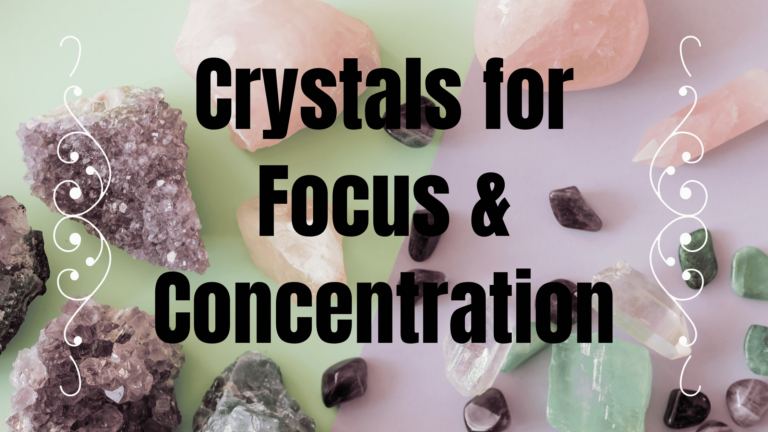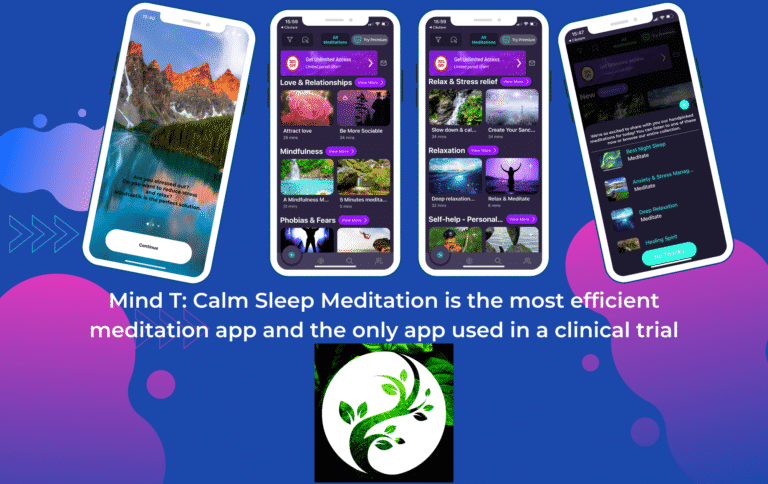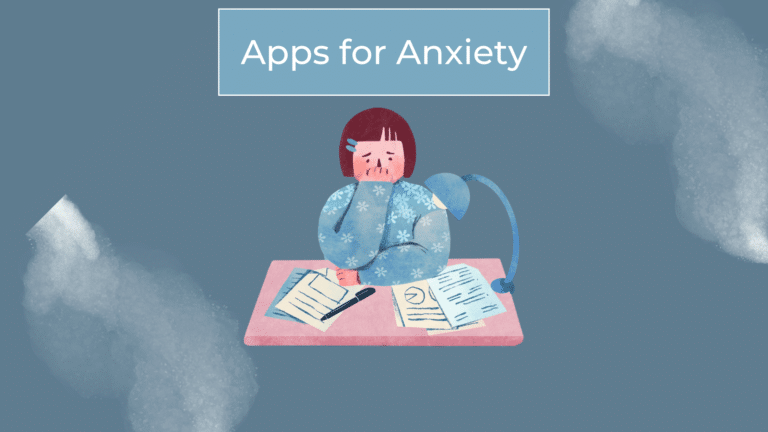Relaxing Music: This Body Will Thank You
Published on October 21, 2021 – Last Updated on March 13, 2024
There is nothing better than nice, relaxing music to help you sleep. The right type of music can slow your heart rate and breathing, easing the process of falling asleep and staying asleep. Relaxing music triggers changes in the body that mimics a sleepy state. Slow or classical tunes are more relaxing than upbeat songs because they decrease levels of stress hormones and trigger some physiological changes in the body, including slower heart rate, lower blood pressure, and more relaxed muscles. Music also has a soothing effect on our emotions which helps tune out thoughts and ease anxiety or stress!
Keep reading this guide to find out more about how music can help you sleep!
The final portion of the article contains a list of Top 7 Relaxing Music on YouTube.
Relaxing Music Sleep Music
Music has been known to reduce stress, anxiety & insomnia. In addition, it can be used for relaxation and better sleep. For example, slow or classical tunes are more relaxing than upbeat songs because they decrease levels of stress hormones and trigger some physiological changes in the body, including slower heart rate, lower blood pressure, and more relaxed muscles. Music also has a soothing effect on our emotions which helps tune out thoughts and ease anxiety or stress!
Relaxing Sleep Music for Insomnia & Anxiety

Music can be used as a therapy to help stop negative feelings about insomnia. Music may provide relief, whether you’re an insomniac or have trouble sleeping due to constant worry at night or other issues that keep you awake. Recent studies show that listening to “relaxation” music before bedtime lowers blood pressure while reducing tension–especially among those who suffer from cardiovascular disease. Relaxation music also helps to lower levels of the stress hormone cortisol and boost feelings of happiness. So before you take another pill, give relaxing music a try!
Calm & Beautiful Music for Relaxation
Below we will answer the most common answers about the best relaxation music you can find on Youtube.
What is the best music to fall asleep to?
Chamomile has been shown in studies to promote better sleep. Mindful meditation (where you focus on your breathing and thoughts) is also a sound way of getting your mind ready for sleep.
Listening to whatever relaxes you or works best for when you want to fall asleep, be it music, noise-based notes, or nature sounds like rainforest and ocean streams, can help with sleeping disorders and insomnia. Experimenting with what helps you the most may pay off in better sleep!
What is the most relaxing sound to fall asleep to?
It varies for everyone, so it’s best to experiment to see what helps you relax the most.
Experimenting with sound therapy is one of the easiest ways to find something that works well. Because every person’s experience with falling asleep is different, it can be difficult to pinpoint which sounds work for which person – but in general, low frequencies are believed to elicit calming effects. High frequencies tend not to promote relaxation. You might try recording yourself reading a story in different tones or using soothing music like ocean waves, for example, and see how it feels. Something’s bound to help!
What is sleep music called?

Sound therapy is a great way to relax before bed.
Sound therapy refers to any therapeutic use of sound or music for physical or mental healing, getting focused, staying attentive–there are literally hundreds of ways it can be used.
Sleep music is called such because it’s meant to help you fall asleep.
What is the best music for sleeping?
There isn’t a single answer as everyone has different tastes and experiences with sleep. Still, some things can be helpful in general: lower frequencies seem to elicit more relaxation overall (and research shows chamomile tea helps promote better sleep), and typically music without lyrics is considered more relaxing.
Some of the most common genres are classical, new age, yoga-based tunes, or meditations. Whatever helps you fall asleep!
What kind of meditation should I do before bed?
Again this varies for everyone, so it’s best to test out what works best for you.
Most of our music is meant for meditation and relaxation, but if you’re looking to try out different kinds of sounds or tones before bed, here are some suggestions:
– Nature soundscapes (e.g., rainforest) – Rainfall – Ocean Streams – Gentle melodies with no lyrics
What music makes you fall asleep?
Generally speaking, lower frequencies in music seem to elicit more relaxation overall. However, if you’re looking for something with fewer lyrics, many people find classical, new age, or yoga-based tunes to be relaxing before bed. Experiment!
A good mix of your favorite artists with some calming background makes it hard not to fall asleep while listening.
There are too many different types of music that relax me. I went through a phase where I would always go on Youtube when I couldn’t sleep and pick any song that would help me drift off into the land of nod. However, something about melodic tunes and consistent instrumental tracks seems to lull me into such serenity that it makes getting to sleep more accessible. More often than not nowadays, I’ll even fall asleep with the music on and wake up to find that I haven’t moved a muscle.
What is the best music to relax to?

It’s best to listen to songs that are played in a lower key while at rest, with some soft melodies.
Softer, slower music works the best for relaxation if you want to keep your energy levels up while recovering from work or stress. It’s also good for relaxing when you need something instrumental without any distractions. When it comes down to picking out music, playlists are your friend. Gathering songs you enjoy is the first step! If needed, divide the playlist into categories by style (e.g., soothing classical pieces). Next time there’s a moment of downtime on the couch or on the go, this is one of many ways that listening to your favorite tunes can help ease some tension and take care of your mind/body connection.
What music calms anxiety?
Typically people listen to soothing tunes that are slow and gentle or focus on breathing techniques that can help slow their heart rate. It’s also essential to remove yourself from any stress triggers that might typically lead you to anxiety episodes. The goal of calming down an anxious person is not necessarily through medication (though it might be needed in extreme cases). Often all someone needs is a loving ear and plenty of support before they can return to equilibrium naturally!
Which music is best for sleeping?
Since music has different effects on people, the answer is subjective. In general, however, it’s been found that soft and slow sounds are more soothing than fast-paced ones. Classical music also tends to have a calming effect because of its slower tempo and harmony.
If you’re feeling restless or agitated, try sleeping with the lights on. Research has found that light allows our bodies to produce melatonin in order to regulate our sleep cycle, which in turn helps us sleep better at night.”
Is it reasonable to sleep with relaxing music?
Some people are susceptible to any noise, making it difficult to fall asleep. If you find yourself in this situation, then you should consider sleeping with relaxing music. This can help lull your mind into a conducive state to sleep. However, if the noises bother others who also live or stay at your home, then you should consider sleeping without any music or other noises. This way, everyone will be able to get the rest they need and deserve.
The Guide to Relaxation Music

Below we will dive more into the topic of relaxation music and how it can help you relax and sleep better.
Relaxing Music
Scientists discovered that listening to classical music before going to bed improved sleep quality in young adults with sleep problems. The National Sleep Foundation suggests choosing soothing songs with slow rhythms between 60 and 80 beats per minute.
Why is Relaxing Music so Important? Although it’s still up for debate, many people believe that relaxing music can assist with anxiety and sleep problems. This is because when we listen to soothing music, the brain releases chemicals such as dopamine, serotonin, and oxytocin, which cause us to feel calm and reduce stress levels in our bodies (which usually cause sleeping difficulties).
What Makes Relaxing Music So Special? You might be wondering what makes soothing music so unusual. We all have our own preferences in music, so it’s crucial to discover what type of songs you enjoy before attempting to relax or sleep.
Nature sounds
Nature has a way of making us feel calm, relaxed, and at peace with ourselves. It is an effective method that helps people who are having difficulty relaxing or focusing on their work because it makes us feel energized and invigorated. Listening to nature sounds is one way to connect with nature.
List of nature sounds:
– Babbling brook
– Thunderstorm
– Ocean waves
– Tropical rainforest sounds.
Nature sounds, such as ocean waves or thunderstorms, give us the feeling of tranquility, which is an effective way to de-stress after a long day at work.
Listening to nature sounds can also help with insomnia problems because studies show that natural noises help regulate cortisol levels in our body which can help people sleep better.
People who are living in an urbanized area might not be able to see and feel nature on a daily basis because of the concrete jungle that we live in, which is why listening to natural sounds such as babbling brooks or ocean waves is one way for us to connect with our roots and remain calm while doing so.
White noise
A lot of people find relaxation in white noise. It is the sound that makes you feel calm and relaxed.
You can find white noise in nature or create it yourself with a machine or app for your phone. If you live in an apartment, there might be noises outside of your control, like honking cars, but if you want to experience relaxation without worrying about these sounds, recording them on your own is the best way. You can also create white noise with your fan or air conditioner, which means you will not have to spend money on this relaxation tool.
Sounds that relaxes

Sound, like sight and odor, is associated with memory and can elicit both pleasant and unpleasant emotions. The emotional state has an impact on how you react to sound as well. Sound also may positively affect people’s lives by promoting their well-being or level of alertness if it’s appropriately used in the right setting at the right time.
Sound is usually broken down into two categories, objective and subjective. Objective sound refers to the physical characteristics of sounds like loudness, pitch, or duration, which can all be measured scientifically with devices called meters. Subjective sound has no exact measurement but describes how people perceive it based on their own personal experiences.
Sounds are often used to communicate in the animal kingdom, but they are also used to express emotion.
The most effective sounds for eliciting a response will depend on your individual preferences and environment. For example, smooth jazz is calming for some people while others prefer classical music or even nature sounds like ocean waves crashing onto the shore. In addition, a different type of sound can help you focus more on the task at hand; for example, if you’re writing a report, there is no point in playing music that will distract your thoughts.
The Study
While certain sounds like leaves rustling or birds chirping can be an annoyance to many people, others find them soothing and relaxing, which shows how subjective responses to sound are. In addition, some research has found that these types of sounds can even help reduce stress and increase feelings of happiness.
The study conducted by the British company Mindlab International found that people had lower levels of anxiety when exposed to different natural sounds like rain, waves, or gentle music while doing stressful tasks compared to those who did not listen to any sound at all. In addition, the study found that listening to these sounds helped decrease the stress hormone cortisol in participants’ saliva by an average of 68%.
Youtube Relaxing Music
Youtube Relaxing Sleep Music
Music to Sleep and Relax
Deep Relaxing Sleep Music
Relaxing Music for Sleeping
Youtube Relaxation Music
Calm Relaxing Music
Make sure to bookmark our sacral chakra affirmations blog post!






